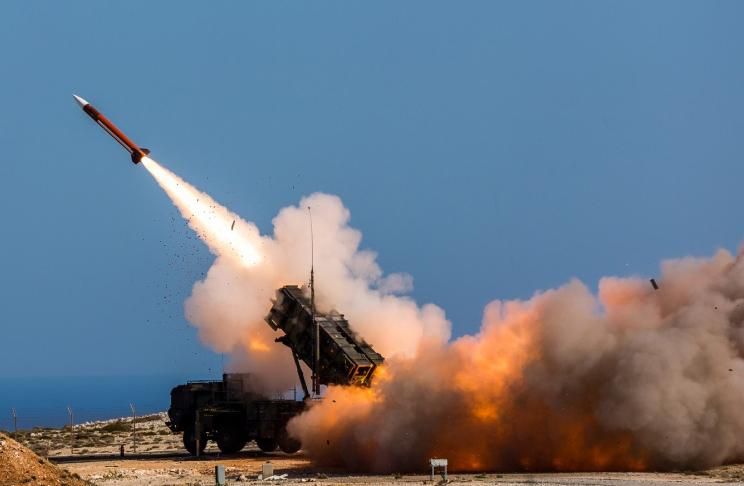
President Biden and leading Republicans are advocating for an additional $106 billion in spending for foreign wars, emphasizing the necessity to fuel the U.S. defense industry. Senate Minority Leader Mitch McConnell highlighted the potential revival of defense plants by suggesting the supply of weaponry to Ukraine. This approach, endorsed by the White House, aims to replenish U.S. stockpiles while also creating jobs across several states.
The competition to channel more funds to the Pentagon reflects a reversal from the post-Cold War and post-Iraq War dividends. However, public sentiment reveals growing disapproval, with 41% of Americans believing the U.S. is overcommitted to Ukraine, a notable increase from 24% in 2022. This skepticism, especially prominent among Republicans, challenges the strategy of justifying increased defense spending as a job-creating initiative.
Despite efforts to present defense spending as an economic boost, experts remain doubtful about its efficacy. While the modernization of weaponry is deemed vital for national security, the economic impact remains uncertain. An economist at the Manhattan Institute, Brien Riedl, argues that government spending on defense does not inherently contribute to economic growth, especially in an economy already at full employment.
To read a more comprehensive version of this story click HERE
• Washington Times Staff can be reached at 202-636-3000.


